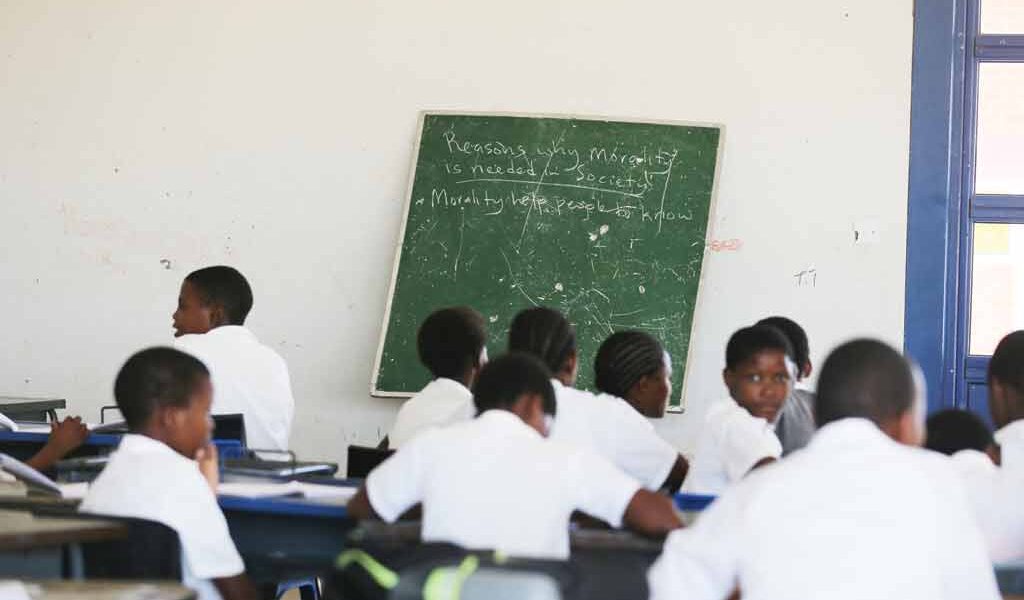- Reveals malnutrition in Ghanzi is 40%, much higher than the national level of 30%
- One in three children in Botswana are stunted which aff ects brain development
KAGO KOMANE
UNICEF Country Representative Julianna Lindsey says the disparities in rural and urban children are quite disturbing and will have far reaching consequences if the status quo continues.
She said during the 50 Minutes for Children campaign media briefing in Gaborone on Monday, that they had learned from the campaign that the issue is serious and needs the intervention of all stakeholders as government alone cannot manage.
Lindsey noted that despite great progress, there are still many children who are left behind and that there are districts that are more disadvantaged than others and that there is need to focus on them.
“The disparities between the urban and rural children are still eminent and we need to address such with greater societal involvement. We saw that in nutrition for example, malnutrition in Ghanzi District is 40%, which is much higher than the national level of 30%. It is important to understand that a child deprived of adequate nutrition, may never reach their full physical or cognitive potential, limiting their ability to learn and earn,” she said.
She also revealed that, according to their reports, in rural areas around 60% of families had unimproved sanitation whereas over 80% of urban families have a toilet. “If we fail to address inequities such as these, we will continue to have districts with poor educational and health outcomes,” she said, giving an example with the recent Junior Certificate results, in which none of the rural schools made the country’s top 10.
She also noted that one in three children in Botswana are stunted due to malnutrition and other contributing factors, which she said affects brain development and the ability to learn.
“In regard to education and what we want to focus on, 80 of children in Botswana have no access to pre- primary education,” she said, adding that there are numerous studies around the world that demonstrates the value of childhood education. “Not only in terms of learning but it really prepares them for school and we find in many studies that children who participate in early childhood education have more chance at being successful and have a lower chance of ending up in jail as adults.”

